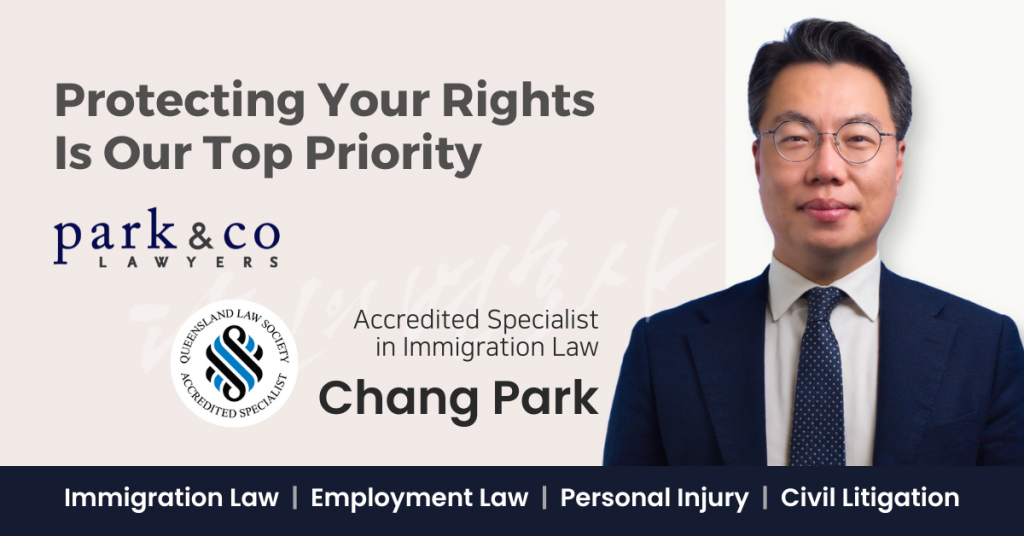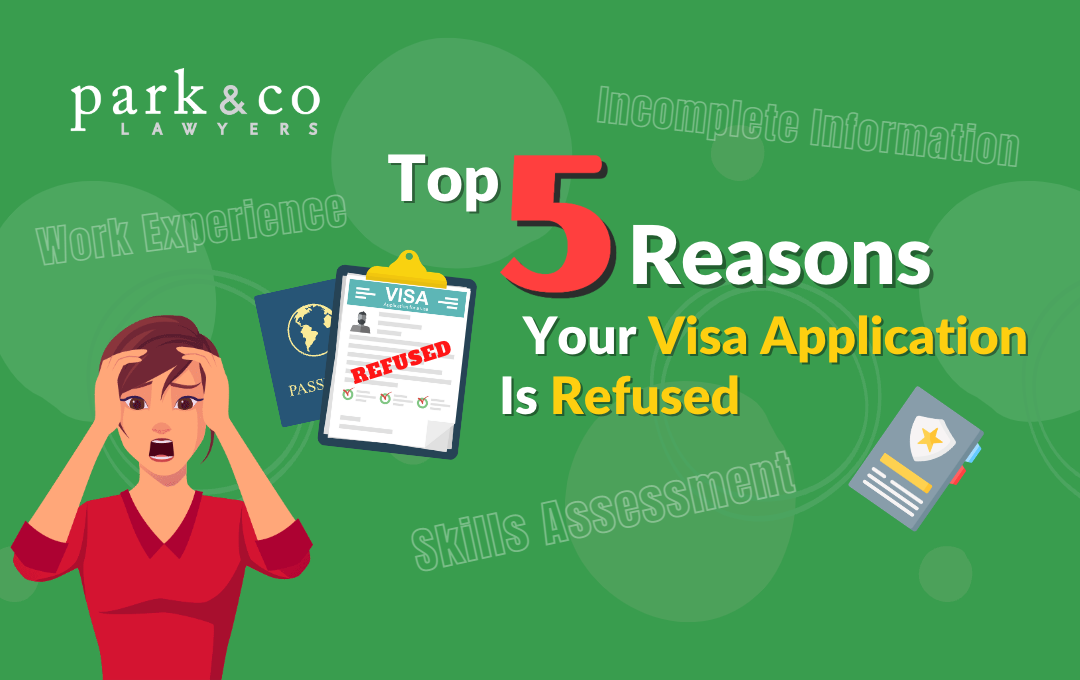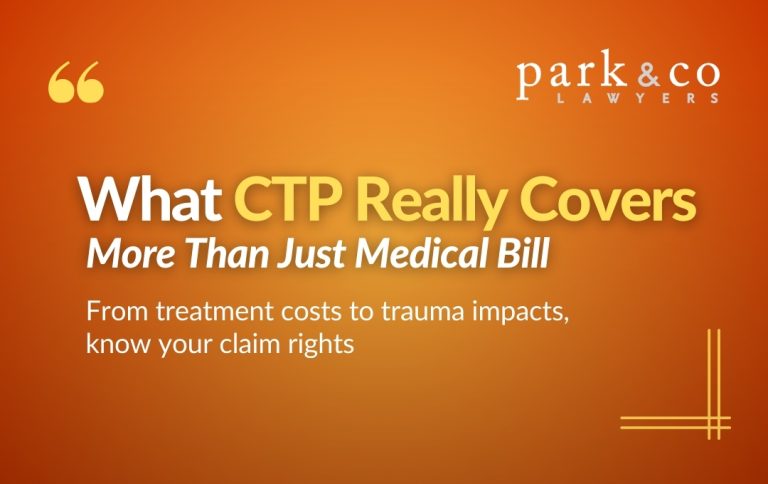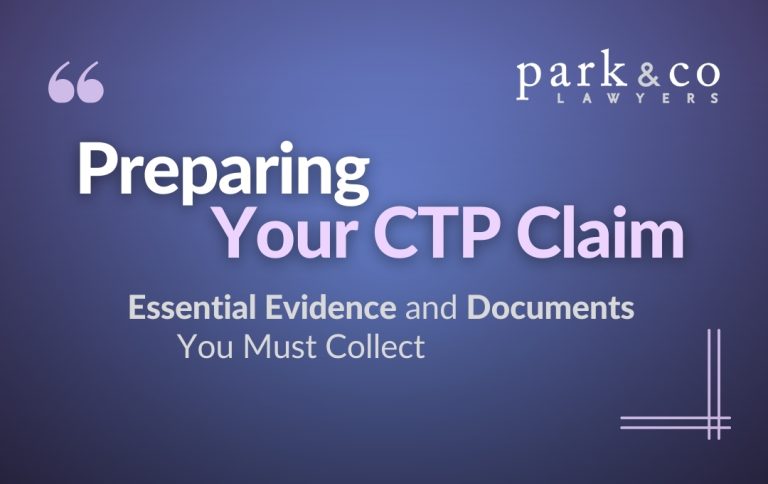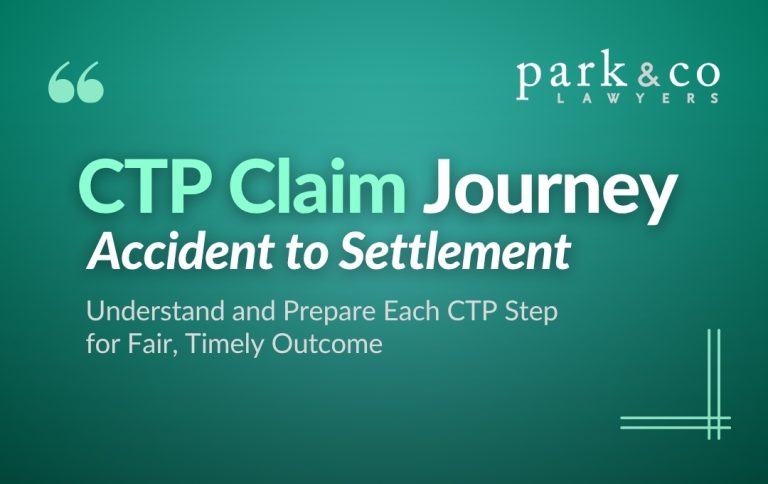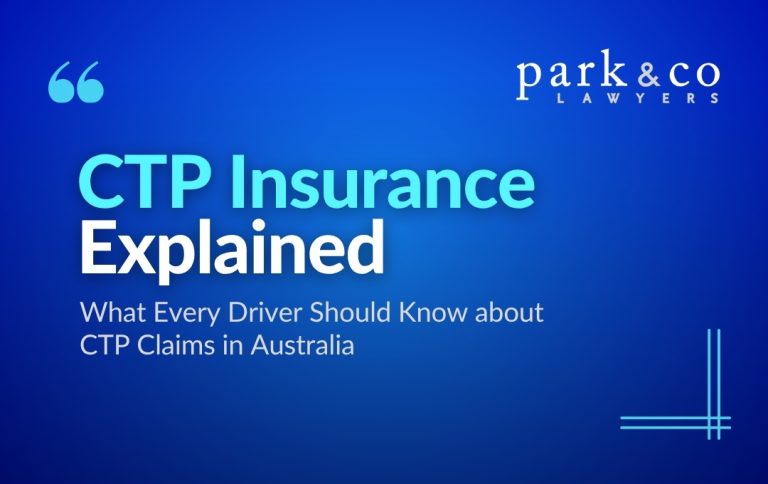Introduction
It’s not uncommon to have your visa application refused, especially if you have not had professional advice or assistance. But if you’re a seasoned traveller or have applied before with no issues, getting knocked back can be frustrating. Furthermore, depending on the reason for the refusal, visa refusal may result in additional complications with the exclusion period.
If you find yourself in this position and don’t know why your visa was refused, here are the most common reasons:
1. You didn't provide complete information
- Australian immigration law specifically requires every visa application to be complete and correct
The information you provide in your visa application must be complete and, more importantly, correct. You need to give all the necessary details and documents that were expected by immigration law. Please be advised that the Immigration Department is not always kind to provide you with an opportunity to submit documents. The Department will refuse your visa application if you do not provide enough information or evidence to support it. If your application for a visa is related to your employer’s nomination, the nomination must be approved before a visa can be given.
2. You didn't get the right skills assessment
- You didn’t get the right skills assessment
- How to get the right skills assessment
- Why it’s important to get the right skills assessment
Certain types of visas require a mandatory skills assessment. There are skills assessing authorities specified by the Department, and they are authorised to assess visa applicants’ skills. Depending on your nominated skilled occupation, you will have to comply with the particular authority’s requirements.
If your visa application is not accompanied by a relevant skills assessment or the assessment is not valid, your visa will definitely be refused.
Some authorities offer various types of skills assessments. Thus, an incorrect skills assessment may jeopardise the whole visa application. You should therefore make sure that you choose the correct skills assessing authority for your occupation. If you are unsure about which authority to use, you can contact the Department of Home Affairs (DHA) or seek advice from an immigration lawyer.

3. You don't have enough work experience
For some types of visas, you need to have worked in the nominated skilled occupation or a closely related one. If you don’t have enough work experience, it will be difficult to get your visa application approved. For example, some visa categories require at least three years of work experience in the nominated skilled occupation or a closely related occupation. If you have less than three years of work experience, then you may not meet the minimum requirements for that particular visa category.
The points claimed for work experience in the General Skilled Migration program must add up with supporting evidence. If they do not add up or if there is any doubt about your claims, then an immigration officer will decide whether to grant your application or refuse it.
4. Your health isn't up to scratch
When you apply for a visa, one of the most basic requirements is that your health is good enough to ensure that you don’t cause significant costs for the Australian government. You need to have a medical examination and blood test (and possibly other tests) during the application for a visa. The results of these tests must show that you’re fit enough to travel and settle in Australia. If it’s not clear from your application or supporting documents whether your health meets these requirements, the Department may issue a DNM (Do Not Meet) notice, where they’ll ask you for more information about it. If you receive a DNM notice, it’s important to respond as soon as possible. You need to supply the Department with more information about your health, including any additional medical reports and tests that can confirm that your condition won’t cause significant costs for the Australian government.
The Australian health requirement is notorious as a “one fail, all fail” visa assessment criterion. This means that if one of your migrating family members does not meet the health requirement, all your family members’ visas will be refused. Unless the visa applied for allows a health waiver, there is no exception. If you are unsure whether your medical condition is considered a health risk, it’s best to seek expert advice from an immigration lawyer at Park & Co Lawyers. Your immigration lawyer will be able to advise you on the most appropriate visa class for your situation and can assist with the submission of any necessary documentation.

5. You've got a criminal record
Another one-fail, all-fail visa assessment criterion is the character provision. Depending on the nature of your criminal behaviour and any relevant sentences, you may fail to satisfy the character provision. The rule of thumb is that with more than a 1-year imprisonment sentence, regardless of actual serving, you will be considered as having a substantial criminal record, and your visa and your family’s visas will be refused. Even if your criminal record is associated with a minor offence, depending on the circumstances of the offence and your moral culpability, the Australian government can still refuse your visa application.
Character provision-related issues require thorough legal analysis and advice to prepare decent submissions. If you have any questions about your visa application, please contact one of Park & Co Lawyers’ immigration law specialists. We can answer any questions you have and assist you in ensuring the success of your visa application.
Free Assessment Service
Visa Emergency
Our team of Immigration Law experts diagnose your visa situation, and advise you of what immediate action is needed to save your visa or application.
Find out moreConclusion
These are the five main reasons visa applications are refused. Apart from the above-said reasons, there are plenty of visa refusal reasons. Accordingly, it is advised that you always get professional assistance in your immigration journey in order to minimise the risks.
We hope that this article has helped you understand the process of applying for a visa and what to expect along the way. We also want you to know that we are here if you ever have any questions about your application.
Was your visa application already refused? We can also assist you in resolving that issue. You may be able to apply for a review. Alternatively, a fresh visa application can be better prepared.
If you have any questions, please contact us at [email protected] or call us on +61 7 3345 6665.
